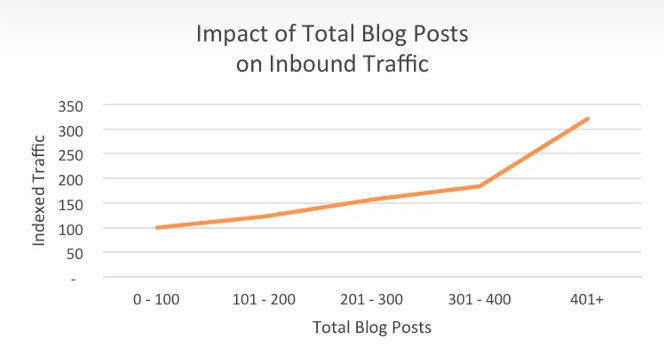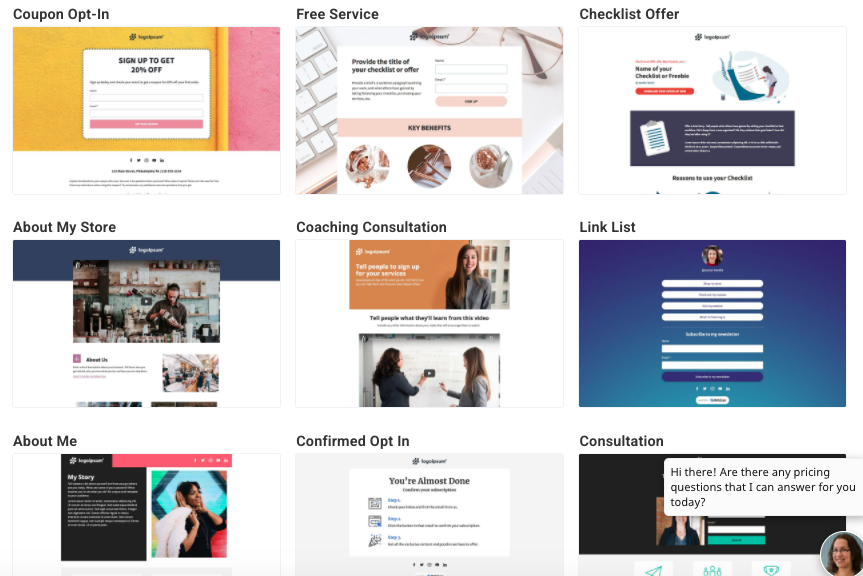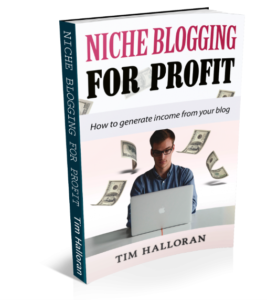Good SEO for affiliate websites can mean the difference between getting affiliate sales and not getting them. With good SEO (search engine optimisation), a website can gain the attention of people using organic search. Google, Bing, Yahoo, Duckduckgo are the main search engines which are used the most – Google being number one for use.

The best outcome for an affiliate website using SEO is to rank highly for the keywords on their site. However, this won’t always work in practice. If many competing websites are targeting the same keywords, they surely can’t all rank on top of Google for them! Only one site can actually rank at the top of Google. The rest will have to settle for lower rankings which get less traffic.
Even a top listing on Google search will have to share the search queries with the second, third and other listings, in addition to any paid adverts which sit above them. But good SEO for affiliate websites can mean the difference between getting free traffic and not getting any traffic at all! So is it worth the effort, or should you just pay for advertising?
SEO For Affiliate Websites – Longer Tail Keywords
Depending on your affiliate niche, you may have more or less competition. In the affiliate marketing niche, it’s very competitive. SEO will have an impact for long tail keywords, but many shorter tail keywords in a competitive niche like affiliate marketing will be hard or impossible to rank for.
Older sites which carry greater authority and thousands of back links will likely grow faster because they get all the traffic. More people will link to these resources so it gets more difficult to compete with the longest runners who have large marketing budgets and a huge following.
Finding long tail keywords with low SEO difficulty can be an answer. Long tail keywords have less competition than the shorter ones. By finding these “gold mines” and creating great content for them, you can use SEO to boost your affiliate marketing website.
SEO For Affiliate Websites – Niche Websites
Niche websites are another option for affiliates too. A niche website is very specific and relates to a specific topic. This website “affiliate marketing mentors” has been built around that specific keyword. Keyword based domain names can give a new website a boost, especially if they are in a less competitive area.

While I can’t outrank the likes of Neil Patel, for affiliate marketing keywords, I can target the low hanging fruit with long tail keywords and keyword based niche websites. You can do the same, whatever niche you are in! See micro niche website for more on this topic.
A niche website can target long tail keywords with its articles and with the domain name alike. With a good content marketing strategy, it can gain some free traffic over time.
Content Marketing & Yoast SEO
Yoast SEO is a plugin for WordPress which helps you write SEO friendly content. It helps you put your keywords in image alt tags, headings and throughout your text. SEO is important for affiliates who get their traffic from the search engines. So if search engine marketing is your thing, make sure you are clued up about SEO on your site. The best way to do so is to get a free WordPress plugin like Yoast SEO. See also best free blog plugins for WordPress.

If content marketing is your affiliate strategy, SEO will have more of an impact on your business. But if you are using paid advertising, and driving traffic to build an email list, don’t spend too much time on SEO. Most new affiliate websites won’t gain much traffic without a lot of work. Blogging as a strategy for affiliate marketing, for example, is a slow process. You’ll need a lot of content on your site and to promote it well before you see much happening.
If you intend to get free traffic to your website, you’ll need to focus on content marketing, link building and other SEO strategies.
Link Building
Top sites which rank on Google have a lot of back links. It’s one of Google’s main algorithm ranking points. Older sites have thousands of back links and are very difficult to compete with.
If you’re new, you can’t compete with these kinds of sites for a top listing of a competitive keyword. Google will “sandbox” new sites anyway for months before they show on their searches. So only the “die hard” bloggers and website builders will have a chance.
Building links to your content is a good idea if you plan on getting free traffic. Aim for longer tail keywords though at first, because these will be easier to get listed for. A link can bring you traffic by itself, even though Google doesn’t rank you highly. Getting links is therefore a good idea for both SEO and direct traffic purposes. Guest posting on another popular blog in your topic niche is the generally cited advice for bloggers. Or you can pay for someone else to do link building for you.
Your website’s link profile is seen by Google (and other search engines) as a ranking factor. But Google also sees who links to you and how long your links have taken to build. An unnatural linking profile will flag up to Google and show them you’re trying to “gear” the system. They can penalise you for this if your links aren’t natural. A natural link profile will include different link text as more websites recognise your content and link to it over time. So be careful if you do your own link building not to make all links the same!
Ideally start with awesome content which is sharable. If your content is good, people will naturally link to it anyway, and the link building will happen naturally over time!